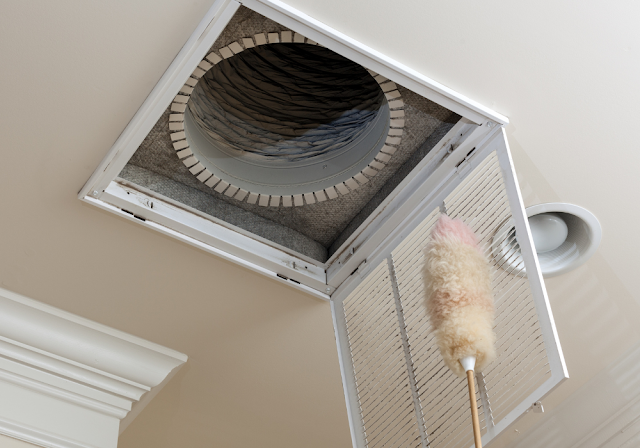Ultimate Tips for Handling Heat Resistant Gloves
You can do different things to ensure that you use heat-resistant gloves correctly. First, make sure that you have a good grip on the gloves. Second, do not let the gloves touch any other object. Third, be aware of the dangers of heat stroke and Fanconi anemia. Finally, be sure to take regular breaks to cool down.
Tips for Handling Heat Resistant Gloves
When working with hot items, gloves are always recommended as they protect your hands from injury. But what about the glove's quality? If you're looking for high-quality, durable gloves, you've come to the right place! Here we'll go over tips on caring for your favorite pair of gloves.
1. Cleaning- Your hands get dirty every day, so make sure to clean them regularly. There are many ways to do this. For example, you could use soap and water if you have time, or if not, rubbing alcohol mixed with warm water works well. Once thoroughly clean your fingers, dry them off using a towel.
2. Protection- Wearing latex gloves helps protect your hands and fingers from burns and cuts. Using cotton gloves will only help trap moisture inside the glove. In addition, it means that your skin will become much colder. To prevent this, wear leather gloves underneath the latex ones. Another alternative is to wear two pairs of gloves instead of just one. When washing your hands, use cold water and wash away any grease or oil.
3. Air Circulation- If your hand starts itching after wearing gloves, then chances are your air circulation isn't good enough. Instead, try opening all your buttons and moving around while you work. Also, don't forget to take your gloves off once you finish working. This way, your hands won't freeze afterward.
4. Preventing Odor- Gloves are porous materials that allow odors to penetrate them easily. Make sure to wash your hands regularly to stay fresh, then rub them together to remove excess odor. Putting something between your hands and the gloves (a paper bag, for example) will help absorb the smells.
5. Store Carefully- After using your gloves, store them carefully to avoid damaging the material. Cardboard boxes work great as storage containers. Alternatively, you can put your gloves in plastic bags or even Tupperware.
6. Avoid Scratching- Don't scratch your gloves; this is likely to rip the fabric and expose your hands. Instead, roll the gloves back up after each use and store them neatly. If you need to find a specific finger hole, try pressing down on the holes until they pop open.
7. Use Them Correctly- A properly fitting glove should fit smoothly, without gaps or wrinkles. Gaps allow dirt and sweat to seep through, whereas wrinkles can lead to discomfort. Wear gloves correctly, and you shouldn't struggle to figure out where to put your hands.
8. Protect Your Clothes- Make sure to don these gloves before putting on clothes. This prevents stains and keeps the clothing cleaner longer. Then, after finishing your project, simply throw your gloves away.
9. Keep In Mind- Some people prefer natural fiber gloves for their softness and flexibility. However, these gloves are thicker than synthetic varieties and require more maintenance.
10. Know How Many uses your pair of gloves last? Your gloves should last for years if you treat them well and follow our guidelines.
Conclusion
Protecting yourself and your gloves requires extra effort, so feel free to enjoy your gloves' abilities.
-Always follow the manufacturer's instructions for use.
-Wear gloves that fit well, and avoid wearing them so tight that they restrict your movement.
-Avoid touching bare skin, as this can cause burns.
-If you get burned, rinse the area with cool water and seek medical attention.
-Make sure your gloves fit snugly and do not gap open around the fingers.
-If your gloves become wet, dry them off before continuing work.


Comments
Post a Comment